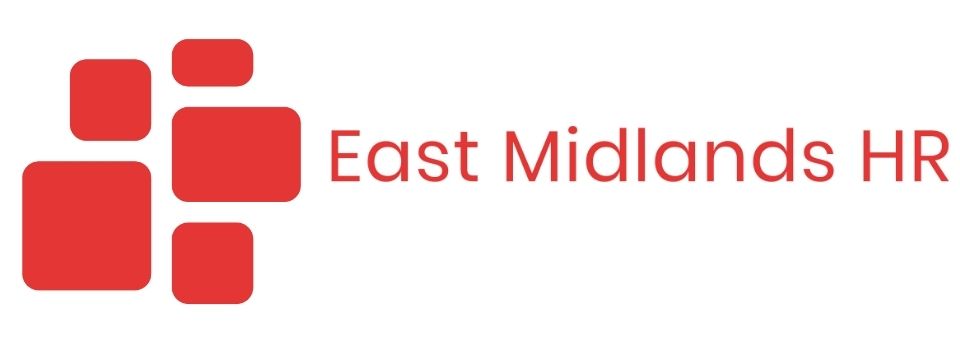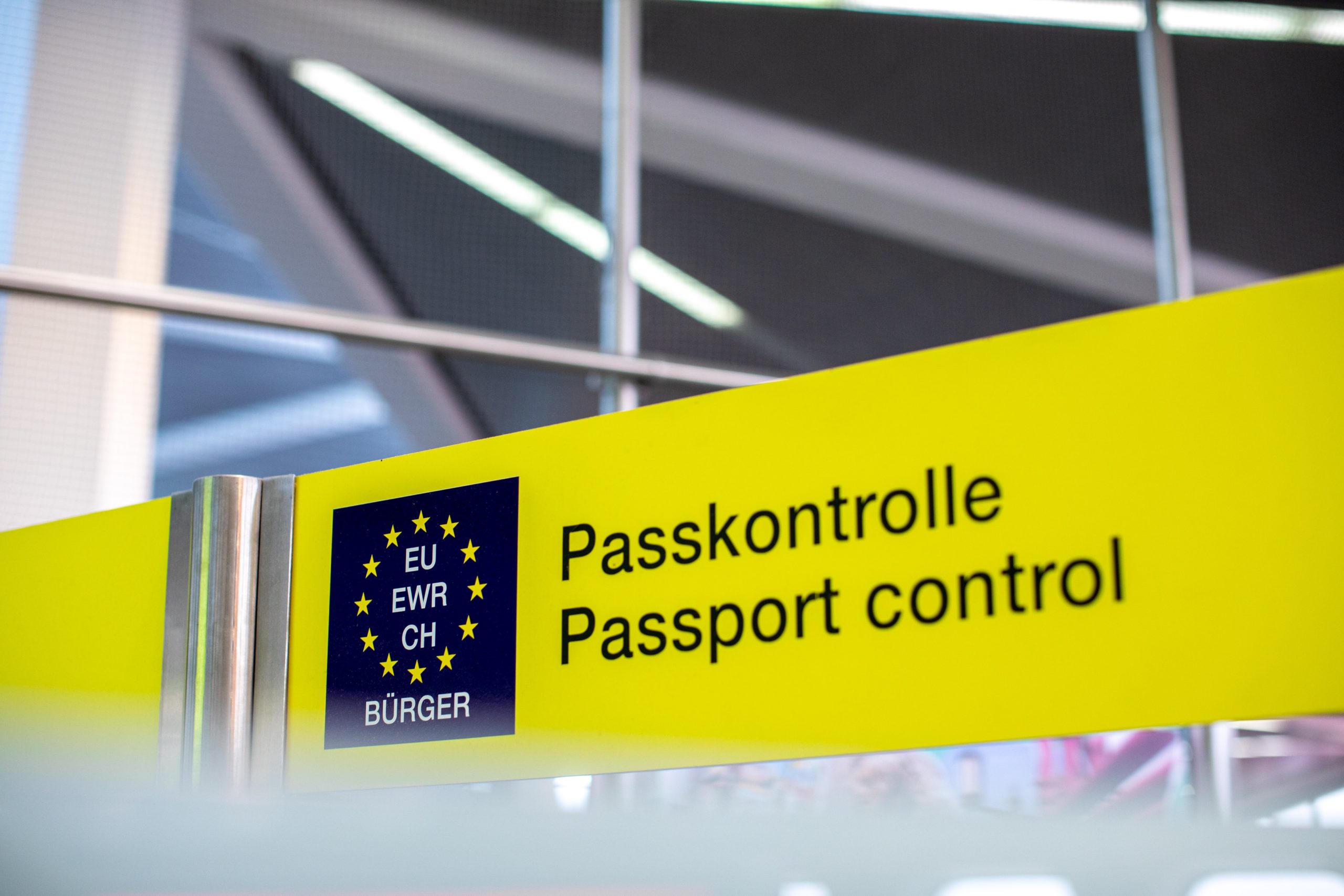Immigration - Right to Work guidance for SME's
The rules on immigration changed on 1 January 2021 with the end of EU free movement. The new points-based system for all migration to the UK, other than for Irish nationals, who will not require immigration permission to work in the UK.
The deadline for EU Settlement Scheme (EUSS) is 30 June 2021 and those who do not apply on time may be treated as being without lawful status or undocumented migrants in the UK.
“That means you cannot or continue to employ them.”
Applicants download the EU Exit: ID document check app and upload biometric and biographical information from their passport. A quick selfie and face scan, then answer several questions on the app and a webpage. The system checks and application is filed for a decision, normally in a few weeks.
From 1 July 2021, employers will be expected to check whether Europeans hold a right to work in the UK, including through the EUSS.
Confirming the right to work does not start and end with checking a passport. Documents must be:
- copied
- certified
- properly stored
The same is currently in place for Europeans, although rules are different for Croatians, and their right to work checks will be different. A non-European national with valid Indefinite Leave to Remain in the UK has the same right to take work in the UK.
However, if you are employing some-one with a time-limited visa, biometric residence permit or similar document, then you need to check it is valid and you need to track the expiry of their immigration permission. This is when you need an HR System to record expiry dates, so you can pull reports ahead of expiry to check if the permission has been extended or expired.
Employing an illegal worker can lead to a £20,000 fine, criminal charges, reputational damage and/or the loss of any sponsored workers.
Should you need skilled workers then you could provide sponsorship – but you need to notify the Home Office if they do not start work, end employment or absconds.
From 1 January 2021, Europeans who are new to the UK and are not eligible for the EUSS will require permission to work under the new points-based system. If a job is not classed as skilled, (A level or equivalent RQF Level 3) the worker is likely NOT to be granted permission to work. The application fee is £1,476 or if you are deemed charitable or a ‘small company’ it may be £536.
Securing a sponsorship licence requires 3 key roles:
- Authorising Officer – they must be a paid employee
- Key Contact – main point of contact
- Level 1 user – often the authorising officer but could also be a representative of the business or HR Consultant
- Level 2 user – agency temp or outsourced provider
The Home Office can audit a sponsor at any time, with or without prior notice.
If you’re already a Home Office licensed sponsor
If you were already a licensed Tier 2 or Tier 5 sponsor on 30 November 2020, your licence will have been transferred to the new system from 1 December 2020. For example, if you held a Tier 2 (General) licence, this will have been converted into a Skilled Worker licence.

Top Tips
-
Encourage staff to apply for the EU Settlement Scheme. They should not be coerced into doing so, but you can raise awareness through training, and providing access to computers. Applications for the scheme close on 30 June 2021.
-
Understand that you cannot make staff provide proof they have successfully been granted status under the EU Settlement Scheme, but you can ask for this proof.
-
Successful applicants will receive a share code, which you can use to check their immigration status through the government website.
-
Up until 30 June, EU nationals currently working for you can continue to provide their passport or national identity card to prove they have the right to work in the UK.
-
Understand the new ‘skilled worker route’, the method that most foreign nationals seeking to come and work in the UK from 1 January 2021 are expected to follow. Individuals will need to attain 70 points to work lawfully in the UK, including that their employer is licensed to sponsor them.
-
Decide which sponsor license you want to apply for. They differ depending on whether you are taking on staff temporarily or more long-term. Small companies will pay £536 for each application. Larger organisations will pay £1,467 for a licence to take on long-term staff, and £536 for temporary staff – you are likely to be a large organisation if your annual turnover is over at least £10.2 million and you have at least 50 employees.
-
Understand that sponsorship carries certain eligibility requirements. You must not have any unspent convictions for immigration offences or certain other crimes, such as fraud or money laundering. You must not have had a sponsorship licence revoked in the previous 12 months.
-
Be aware that it can take up to eight weeks for a license to be provided, so one should be applied for as soon as possible.
If you would like to chat through any concerns on immigration or would like downloads to help you, then please contact Nicky Buckley of East Midlands HR, always happy to help provide HR services for SME’s.
- How to conduct a right to work check during Covid-19
- Checking documents validity
- What are acceptable documents
- Conducting an online check, providing a biometric residence card or secured status through EUSS
- Record the right to work
- Prepare for people without the right to work
- Auditing your right to work documents & what will a Home Office Audit look like
East Midlands HR provides an HR System for SME’s to record time-limited immigration permission, sponsorship licence details, right to work documents which will help you should you be audited.




